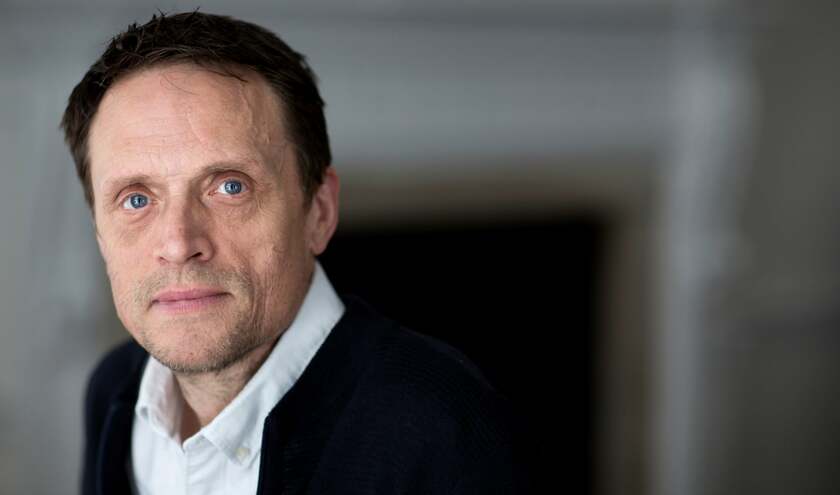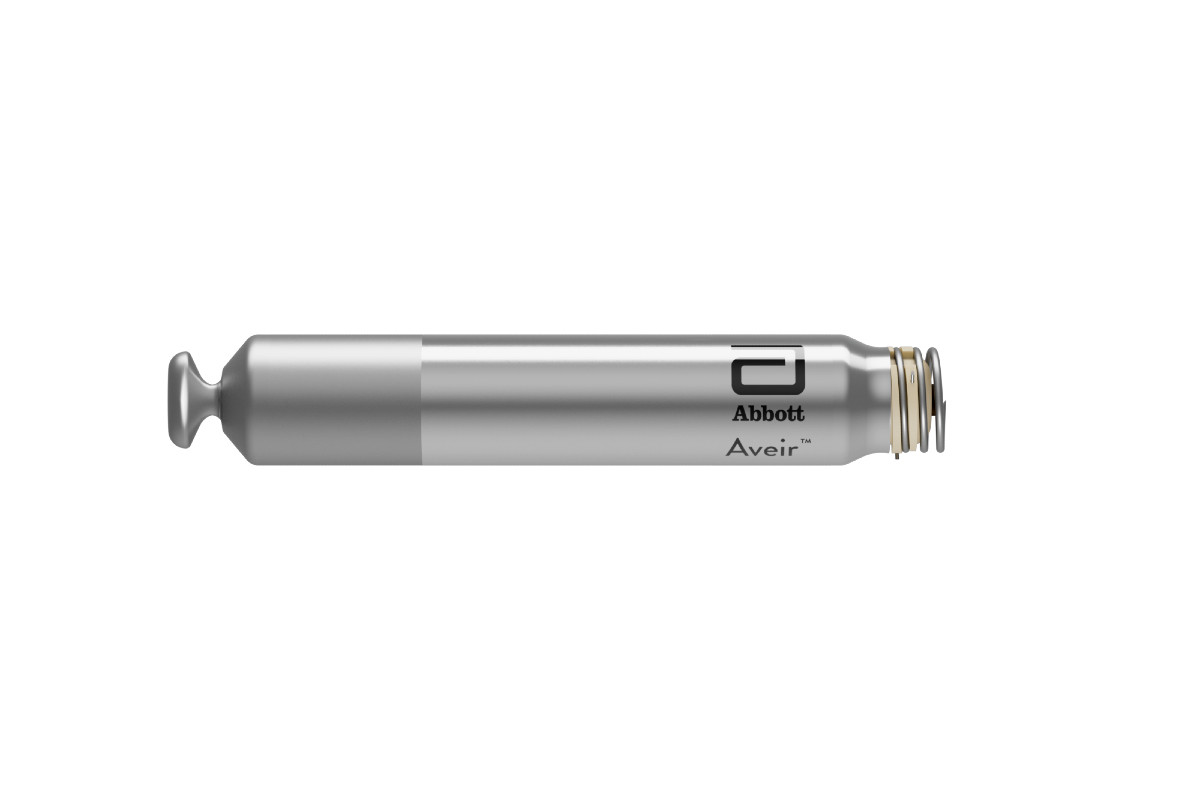The stark warning came during the NHS Confederation's ICS Network National Conference in London yesterday.
NHS Confederation chief executive, Matthew Taylor, said: ‘We are on a curve of doom if we are not able to address current patterns of rising demand for health and care.'
Taylor said that if healthy life expectancy was not improved then health would take up an ever greater proportion of public spending, which would in turn have to grow at the expense of the nation's competitiveness.
Secondly, Taylor said there needed to be a ‘step change in collaboration and integration' with health stakeholders working together in a radically different way'.
The NHS Confed head said this meant anaylsing problems from a ‘system, place and community' perspective.
‘We have to have a culture which is around teamwork between institutions and organisations,' Taylor said.
Thirdly, the chief executive said the NHS needed to work with partners beyond the health service, ‘particularly in local government but also in the community and voluntary and also in business'.
Taylor said horizontal accountability needed to be strengthened at ‘system, place and neighbourhood level'.
Finally, Taylor said NHS services should be taking a lead in improving their cities, towns and regions ‘not just in providing health services, but as an employer, an investor and contributor to sustainability'.
Echoing Taylor's theme, Professor Paul Corrigan, strategic advisor at the DHSC, said: ‘Everyone agrees with the curve of doom and lots of people think there's nothing we can do about it.'
Corrigan said there were signs of progress, however, with care having been transferred from hospital into the community in the last 10 years.
On the Government's second of its three big shifts (analogue to digital), Corrigan said the NHS was ‘nowhere where other parts of society should be' but had made progress in the last five years.
On the final big shift (treatment to prevention), Corrigan said the NHS needed to do more outside the health service.
‘My slogan is tomorrow can come to the aid of today,' Corrigan added.
‘In doing that we begin to overcome the feeling that nothing can change.'
Concluding, the advisor warned a universal health service would not ultimately survive if the Government failed to address the ‘inequalities of agency'.
Corrigan said the country needed to learn from the example of the pandemic in which the Government and health agencies acted to address population's health needs as a whole.



